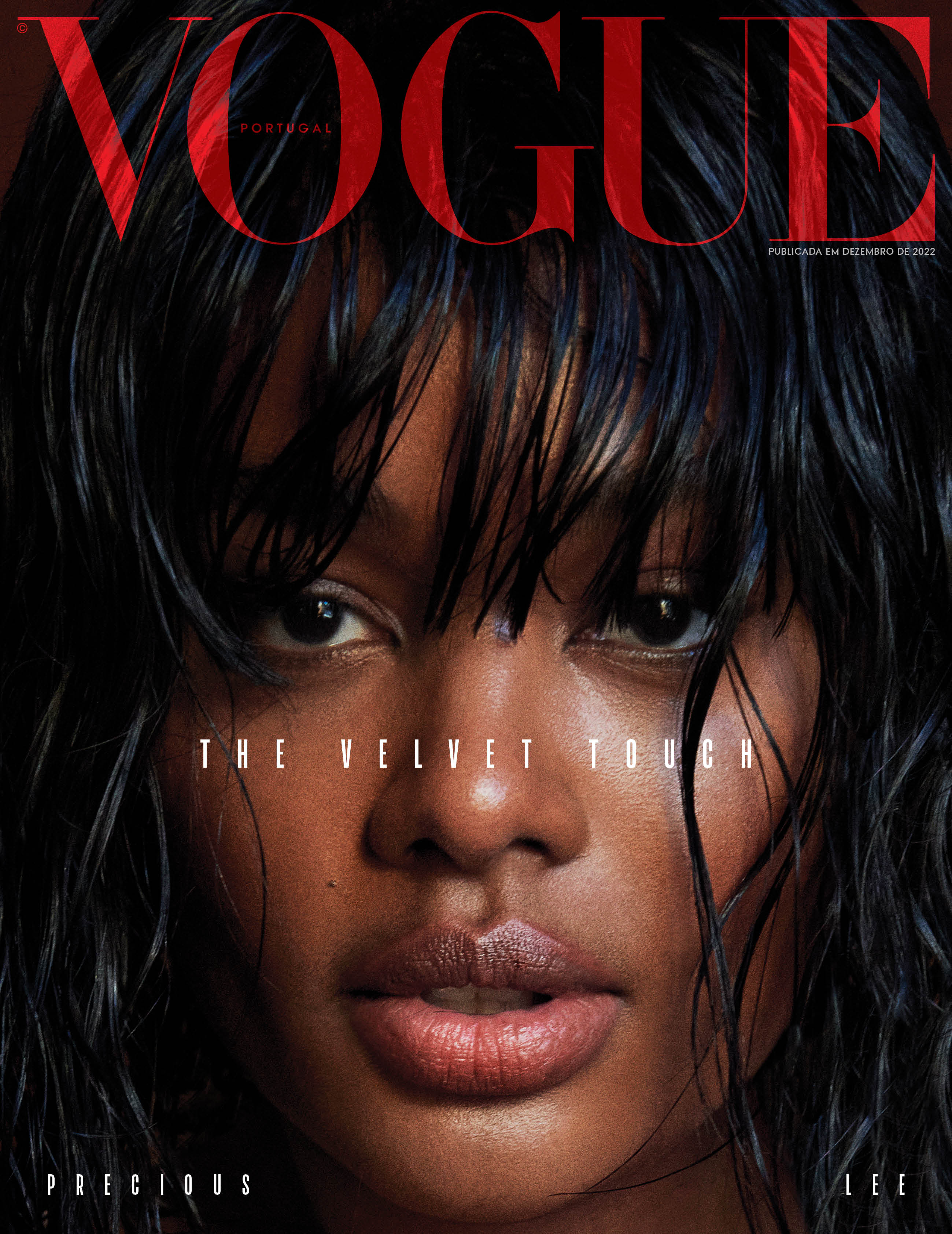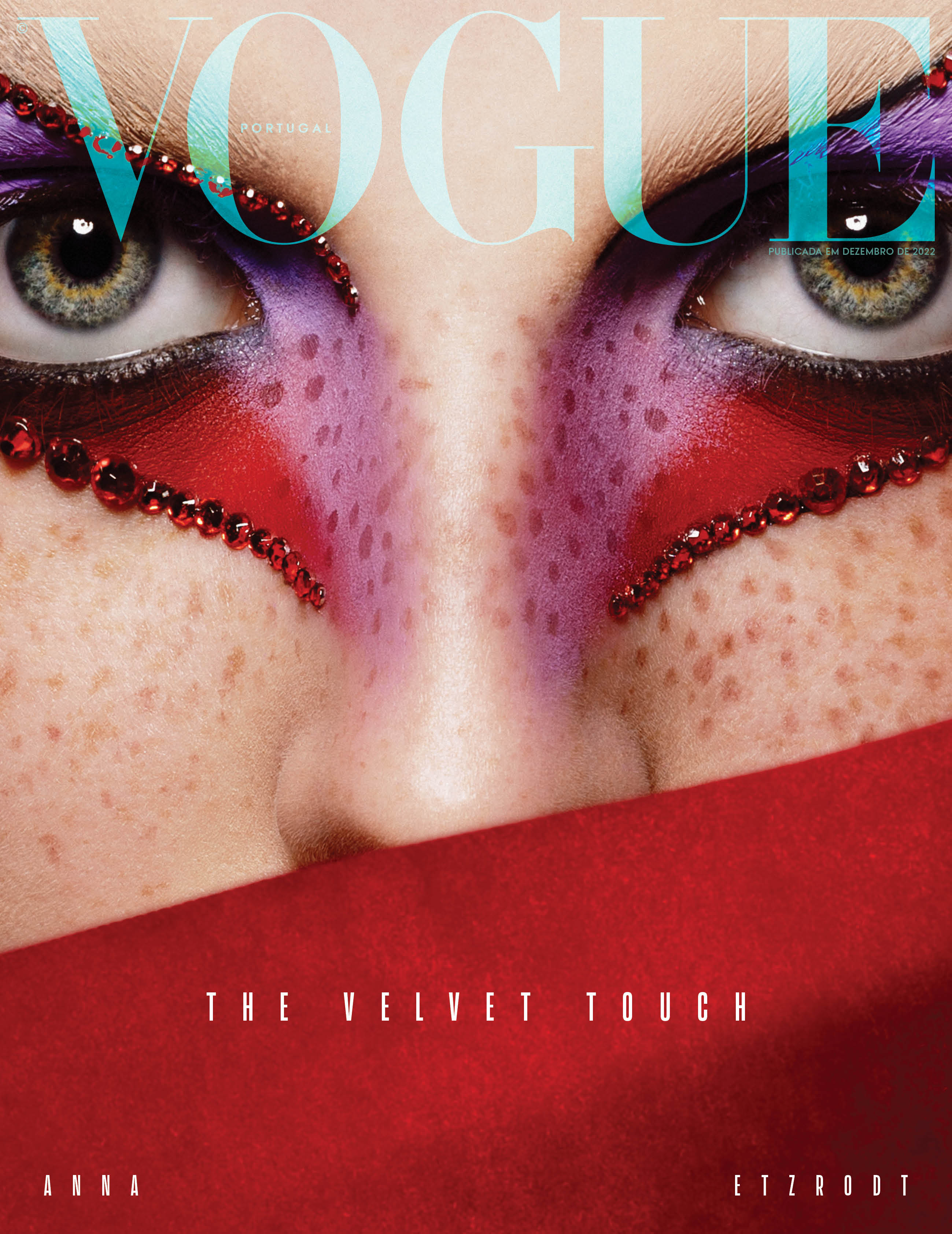Prioritizing human connection, or not, can determine the kind of world we leave for our children (connected and human or disconnected and self-centered), as well as our mental and physical health. The power of the human touch is rooted in our nature, as individuals and as social beings.
"All of us, every single one of us, deserves a hug. I’ve learned that every day you should reach out and touch someone. People love a warm hug, or just a friendly pat on the back.” - Maya Angelou

After the last few years, atypical sociologically speaking, we are returning to the glamor of many face-to-face events, whether they are more media or family venues. Designers, brands and stores mirror and respond to a transversal need – elaborate and unapologetically festive dress codes. At least, during this season, digital events and leisurewear will be decidedly on hold. This issue also celebrates this time of year, which unfolds in festive parties, mostly at Christmas and at the end of the year, under the theme THE VELVET TOUCH, which is not just a literal allusion to the comfort and glamour of velvety textures, but above all a journey into a warm and comfortable world that we all yearn for and need so much. The comfort and warmth of the touch – the human touch, the most precious of all, which no fabric or raw material, no matter how noble, can ever replace. And never has the world needed it so much.

Scientific studies show how vast and essential the need for touch is. Trials with monkeys (Harlow & Harlow, 1965) are perhaps the most famous example of investigations that point to the primacy of the need for touch. Harlow created two types of inanimate surrogate mothers for baby monkeys. One made of fluffy and soft fabrics and the second made only of wire, but holding baby food. The study, monitored with cameras, revealed that the monkeys bonded and spent most of their time snuggled up in the comfort of their cloth mothers rather than their wire mothers, even though these were their energy source... food may be necessary for survival, but touch is what sustains and nourishes us emotionally.
After Harlow's experiments, science discovered a surprising number of ill outcomes health-wise that occur when we are deprived of human touch. The correlation between anxiety, depression and stress and human connection is strong, and inversely related. Touch calms our nervous system and slows the heartbeat, lowers blood pressure as well as the stress hormone cortisol and triggers the release of oxytocin. Other studies show that the brain calms down in response to stress when a person's hand is held. The effect is greatest when the hand held is that of a loved one, but it works even if it's the hand of a stranger (Field, 2010). Even our immune response seems to be somewhat governed by touch and physical affection - those who are deprived of touch are more likely to suffer from diseases of the immune system. It's ironic that, during a pandemic when our immune systems are at their weakest, we are deprived of precisely something so essential.

Most of us touch a digital device hundreds of times a day. How often do we have physical contact with another human being? It seems that as society becomes more dependent on technology, our focus on human contact is diminishing. A recent article in The Washington Post mentioned the (true) story of an elderly man in China who was put up for adoption so that he could have human contact in his final days. Our increased use of technology has resulted in less face-to-face communication, and poorer quality communication. We seem to be facing a moral dilemma – but I believe it is broader than that. Prioritizing human connection, or not, can determine the kind of world we leave for our children (connected and human or disconnected and self-centered), as well as our mental and physical health. The power of the human touch is rooted in our nature, as individuals and as social beings.
In the absence of a hug, on my behalf and that of the entire Vogue Portugal team, I want you to feel embraced by this issue, that you can touch, look at and read it in the place that is most comfortable for you.
Happy New Year.

Translated from the original on "The Velvet Touch" issue of Vogue Portugal, published December 2022.Full stories and credits on the print issue.
Most popular
.jpg)


Relacionados


Metal rocks: tudo o que precisa de saber sobre joias, metais e pedras preciosas
26 Jan 2026


.png)
